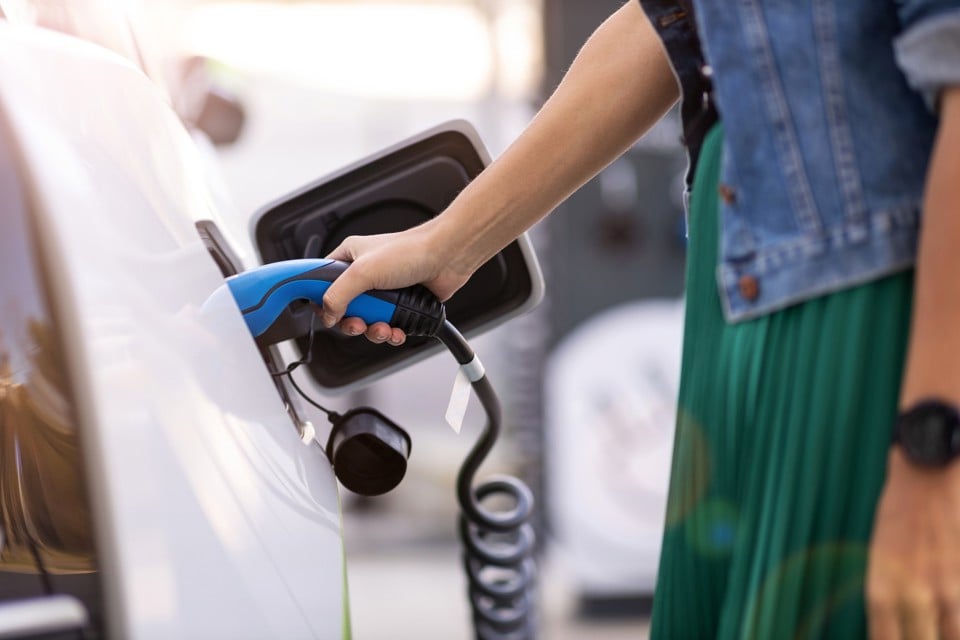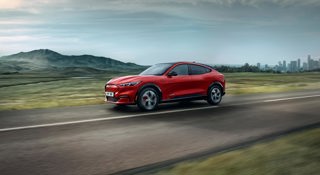A ban on buying new internal combustion engine (ICE) vehicles should be brought forward to 2022 for the public sector and from 2025 for large commercial fleets.
That’s according to a new report from think tank the Institute for Public Policy Research (IPPR).
The Government has said that the sale of new diesel and patrol cars and vans will end in 2030, with certain hybrid vehicles given a stay of execution until 2035.
However, the IPPR argues that the public procurement of ICE vehicles should be banned from 2022 and large commercial fleets should not be allowed to the buy petrol or diesel vehicles from 2025 to ensure businesses take action to decarbonise their fleets.
IPPR analysis suggests the current approach to decarbonising transport in the UK could see a 28% increase in car in use by 2050, and an 11% increase in car traffic.
It sets out a vision of a future with far more affordable clean transport options, while providing a better environment for access to an electric vehicle (EV) for those who need it.
Alongside the fleet ban on procuring ICE vehicles, IPPR also wants an overhaul of public transport and a £6 billion investment in walking and cycling.
Furthermore, it wants to reallocate road space to cycling, walking and green space, with town and city centres car free by 2030.
IPPR says that the government should aim for the level of car ownership to peak by 2030, before falling to a more desirable level by 2050.
Luke Murphy, head of the IPPR Environmental Justice Commission, said: “The urgency of the climate crisis cannot be overstated. Yet little progress has been made in cutting transport emissions over the past three decades. This imperative for urgent action creates a once-in-a-generation opportunity to put in place a new approach to how we all travel.
“The Government’s current preferred strategy places an overwhelming focus on the shift to electric vehicles. While superficially attractive because of its offer of continuity, such an approach will not deliver for people or planet.
“We need to massively expand the provision of and affordability of clean public transport options, such as trains, buses and trams, while helping more people to regularly walk and cycle, alongside a shift to electric vehicles for those that need them.”
Transport is currently the UK’s largest greenhouse gas emitting sector. In 2019 surface transport made up 22% of the UK’s greenhouse gas emissions, with car use accounting for 60 per cent of these emissions.
> Interested in EVs? Check out our electric car and van data tool






















Login to comment
Comments
No comments have been made yet.